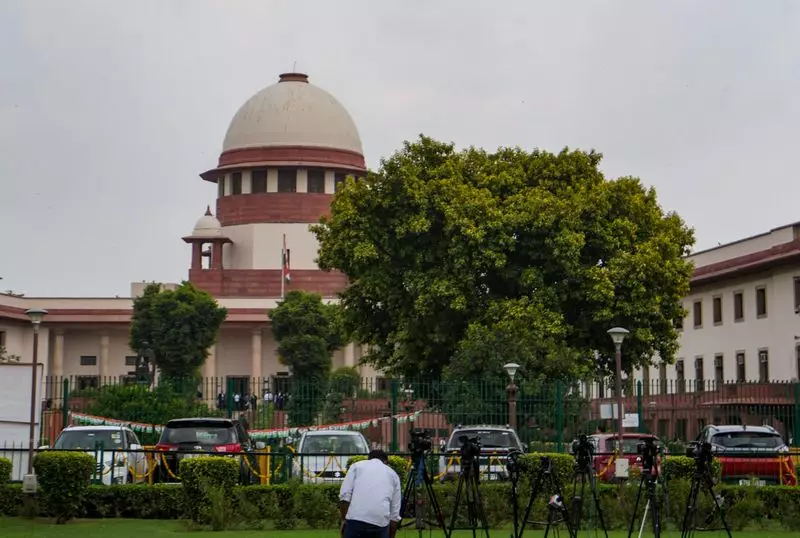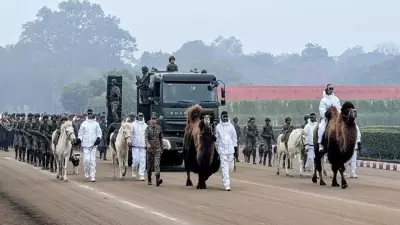
The Supreme Court of India has stepped into a significant legal confrontation between the legal fraternity and law enforcement in Haryana. The apex court has agreed to hear a plea filed by an advocate challenging his arrest by the Haryana Police's Special Task Force (STF). This development comes amid rising tensions and represents a crucial test of police authority versus legal professional rights.
The Legal Challenge and Court Proceedings
A bench comprising Justice Sanjiv Khanna and Justice Dipankar Datta has officially listed the matter for hearing on May 13, 2024. The petition was presented by advocate Amit Kumar, who is contesting the arrest of his colleague, advocate Kapil Sangwan. The legal action directly questions the circumstances and legality of the detention executed by the Haryana Police STF.
The court's decision to admit the plea indicates the seriousness with which it views the allegations raised by the petitioner. The case has drawn significant attention from legal circles across the state, with many viewing it as a precedent-setting matter that could define the boundaries of police power when dealing with legal professionals.
Background of the Controversial Arrest
The controversy stems from the arrest of advocate Kapil Sangwan by the Haryana Police STF on allegations that have become the subject of intense legal scrutiny. According to the petition, the arrest was conducted in a manner that raises fundamental questions about due process and the rights of advocates in their professional capacity.
The arrest triggered immediate reactions from the legal community in Haryana, with various bar associations expressing solidarity with the detained advocate. This incident is not occurring in isolation but against a backdrop of ongoing discussions about police procedures and accountability in the state.
Legal experts following the case suggest that the Supreme Court's intervention could lead to clearer guidelines governing interactions between law enforcement agencies and legal practitioners. The outcome is being closely watched as it may establish important jurisprudence on this sensitive issue.
Broader Implications and Next Steps
The Supreme Court's upcoming hearing on May 13 is expected to address multiple dimensions of this case. The court will likely examine whether proper protocols were followed during the arrest and whether the advocate's professional rights were respected throughout the process.
This case has highlighted the sometimes-tense relationship between police forces and legal professionals in Haryana. A favorable ruling for the petitioner could reinforce the protections available to lawyers while performing their professional duties, while a decision upholding the police action would strengthen law enforcement's hand in similar situations.
As the hearing date approaches, both the legal community and law enforcement authorities await the Supreme Court's guidance on this matter. The decision could have lasting implications for how similar cases are handled across India, making this a landmark case for the Indian judicial system.
The Supreme Court's scrutiny of this matter demonstrates the judiciary's role as a平衡 force between state power and individual rights, particularly concerning officers of the court themselves.





